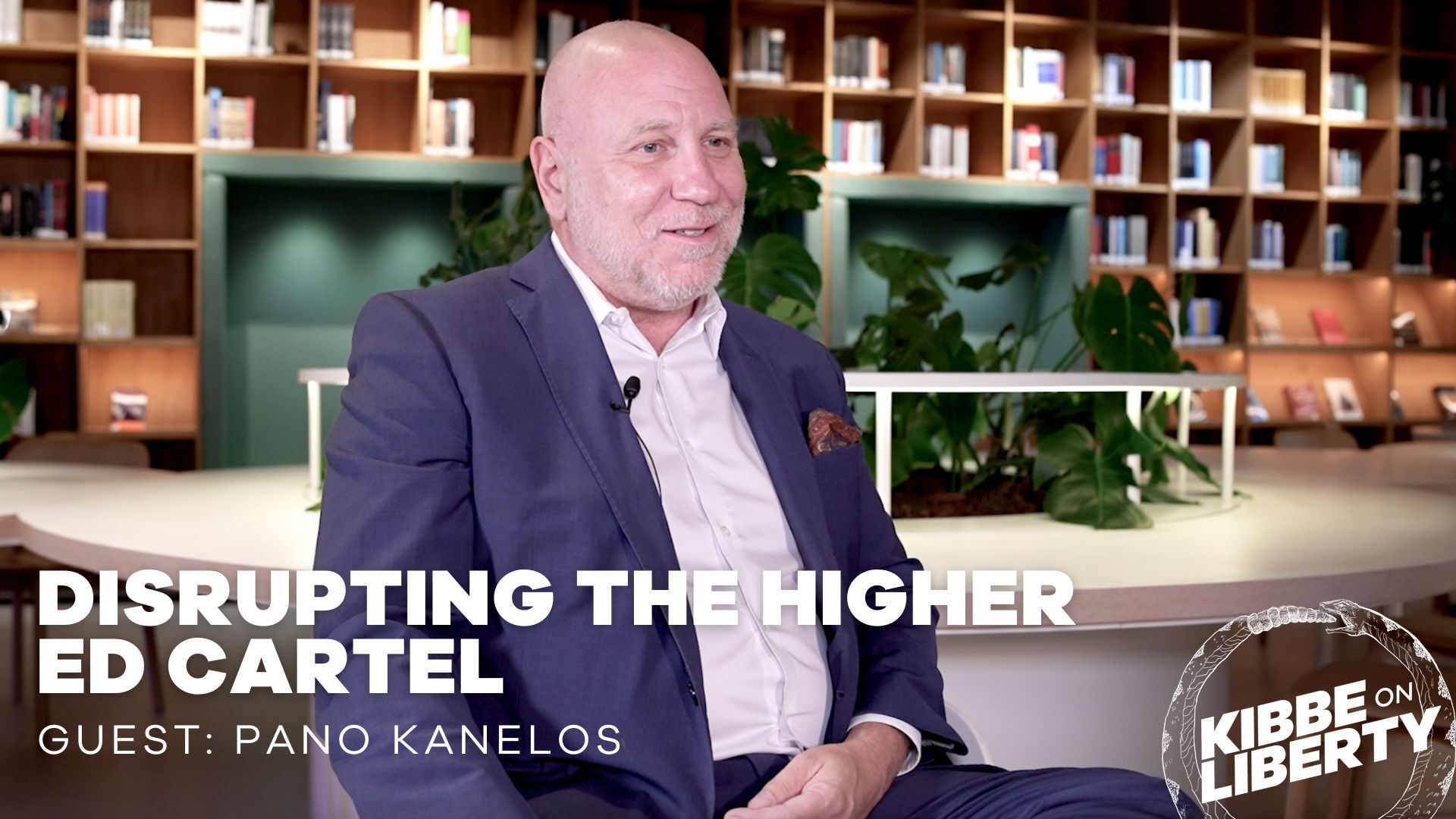
5 Reasons Why School Choice Is Freedom
The war on school choice is taking on an air of desperation, employing rhetorical tactics I never would have expected.
In the latest salvo, history professor Johann Neem, writing in the Washington Post, claims that we should reject school choice for the Founding Fathers’ sake. It’s a clever argument designed to appeal to conservatives, who largely hold great faith and reverence toward America’s founders. Nevertheless, here are five reasons why conservatives should remain unpersuaded and pro-school choice.
1. The appeal to authority fallacy
The founders were wise, but they were not infallible. As the Left is fond of reminding us, even great heroes like Thomas Jefferson and George Washington did things and held beliefs that we would consider questionable (if not deplorable) today.
Claiming that “the founders wanted such and such” doesn’t tell us anything. It merely demands blind allegiance to the opinions of dead men. While we would always do well to consider the founders’ reasons for their decisions — reasons which were, in most cases, very well thought through — the fact that they supported or opposed a particular policy is not in itself reason enough for us to do the same.
2. School choice does not preclude public schools
It seems to be a commonly held opinion that school choice and public schools are opposing forces in a zero-sum war — that if you allow parents to choose where their children are educated, public schools will cease to be. It’s a pretty poor defense of a policy to claim that it has to be mandatory because, otherwise, everyone will flee from it. But, in reality, this is not the case.
The point of school choice is to prevent children from getting trapped in bad public schools —schools where violence and drug use are rampant, for example — simply because of their zip code. Even with vouchers or charter schools, many parents still send their children to a public school (if not necessarily the one nearest their home).
In fact, rather than making them disappear, the competition resulting from school choice ought to make all public schools better.
3. Schooling is not education
While it is true that the founders agreed upon the need for an educated public, let’s not make the common mistake of confusing schooling with education. Formal schooling can be a means to education, but it is not the only means (as home schoolers and unschoolers have discovered).
Likewise, schooling itself is no guarantee of education; plenty of people emerge from the public school system with a lower quality of education than they would have obtained from dropping out and working in some instructive profession. By prioritizing schooling over education, we do a disservice to students and society as a whole.
4. Education is not in the Constitution
As long as we’re appealing to the wishes of the founders, it’s important to observe that the word “education” does not appear once in the Constitution, meaning that it was not something the founders regarded as the responsibility of the federal government. This tells us that a decentralized, diverse approach to education was always regarded as preferable to central control.
Allowing states and cities to set their own schooling policies was, in part, a way to encourage school choice, since parents can often choose to live in places with policies more in line with their personal philosophies. The Founding Fathers may have believed in public schools, but they certainly never envisioned anything like the current Department of Education.
5. Education wasn’t compulsory
At the time of America’s founding, compulsory schooling laws did not exist across the entire country. In fact, until 1850, only two states (Massachusetts and Connecticut) had made schooling mandatory, influenced by the puritanical Calvinist theories of education imported from Europe.
The rest of the states had public schools for those who wanted or needed them, but did not compel children to attend. Thus, the idea that the founders opposed school choice is ridiculous when you consider that the most important choice — whether or not to send your children to school at all — was largely left up to parents.
The fact that the federal government has taken away this choice, along with all the others related to schooling, shows how far we have drifted the original American conception of freedom and independence.
School choice is ultimately about the freedom of parents to look out for their children. It is about helping parents escape toxic and unproductive environments, and to adapt education to their particular needs. It’s not about leaving poor families in the cold, creating class-based hierarchies, or implementing some sort of elitist boarding school system.
We all want what will help the nation’s children grow and prosper as they transition into adulthood. School choice is liberty, and a more adaptable education system with increased options will always accomplish that more than a rigid bureaucracy.
This article originally appeared on Conservative Review.
Free the People publishes opinion-based articles from contributing writers. The opinions and ideas expressed do not always reflect the opinions and ideas that Free the People endorses. We believe in free speech, and in providing a platform for open dialogue. Feel free to leave a comment.



